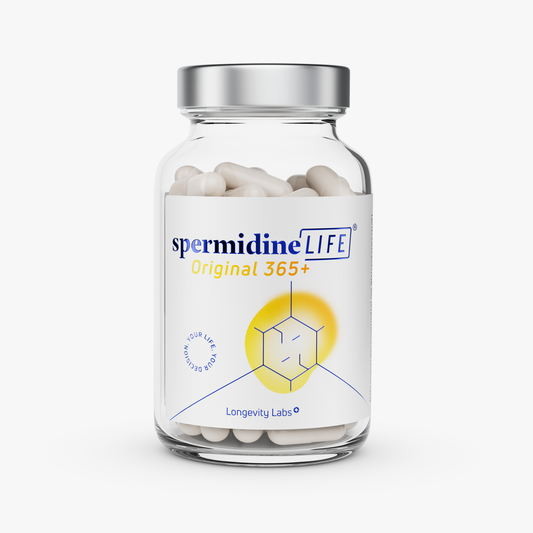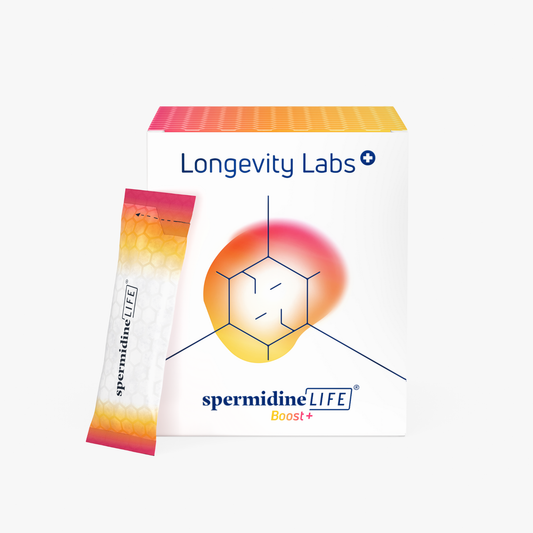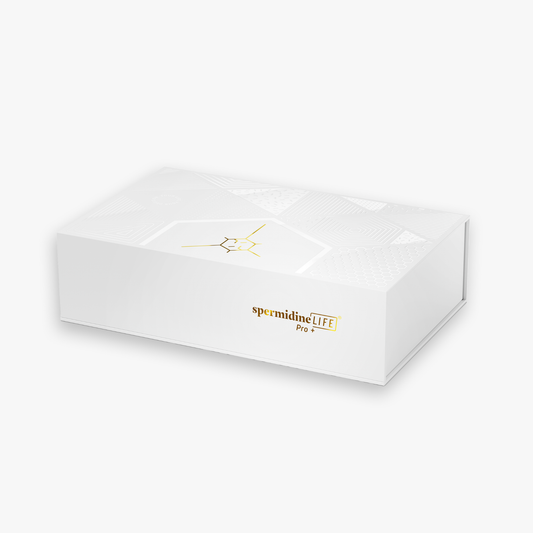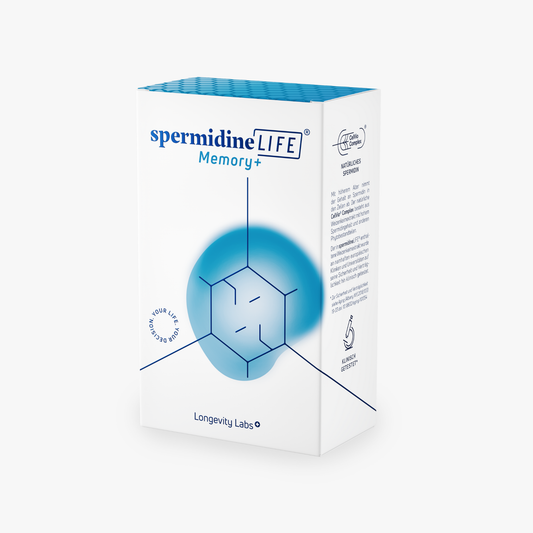
Sun refueling for the immune system!
Immunity+, TLL LongevityLabsIn the course of our focus on the immune system, today we want to give you another tip to strengthen your immune cells: Sun-fueling! We need the warming rays of the sun for a balanced hormone production and they are characterized by various health-promoting effects.
In the autumn season, the length of the bright days dwindles rapidly. In Austria, we can enjoy the beneficial rays of the sun for four minutes less every day. With the time change at the end of October, it looks even worse for people with 9-to-5 jobs, because during the week a short sunbath is hardly possible. But that would be really important, because a lack of sunlight affects the mind and health. Why is that? Well, we need sunlight for the formation of three important substances in our body: Vitamin D, Serotonin and Melatonin.
Why vitamin D?
Vitamin D provides, among other things, for the bone structure, supplies the muscles with calcium and supports the immune system. Furthermore, our vitamin D synthesis has an influence on our psyche, as a survey conducted by Brigham Young University in the U.S. with over 16,000 test subjects over a period of six years found out. The length of the light day alone proved to be a relevant parameter for mental health.
Since we only take in around 10% of our vitamin D requirement through our diet, we need sunlight - or more precisely UVB radiation - to form vitamin D in the skin. Especially now in the cold season, however, we usually cover ourselves with several layers of warm clothing. In addition, as mentioned above, the hours of sunlight are scarce and even at midday the sun is too low to stimulate effective production, which is why vitamin D synthesis almost dries up during the cold season.
In order to produce sufficient vitamin D, we should - according to international recommendations - go out into the sun for ten to 15 minutes three times a week. Exposing our face, hands and forearms to the sun is enough. So a short walk during our lunch break is more than enough to thaw the icicles of our minds. Doable, right?
The interplay of serotonin and melatonin
Serotonin is also known as the messenger of happiness. This is because it increases general well-being, regulates sugar metabolism and drives away depressive moods and anxiety. But it also plays an important role in the feeling of satiety and digestion. Serotonin is produced, among other things, by sunlight on the skin. This is because the body then releases more endorphins, i.e. happiness hormones. If we have too little serotonin - in other words, if we suffer from a deficiency - we are more susceptible to depression, lack drive and courage, and are generally excessively tired.
Serotonin is also an important pacemaker in the adjustment to the day-night rhythm. This is also known as the body's circadian rhythm - the automatic control of our metabolism depending on the time of day. Our circadian rhythm is largely based on the position of the sun to control the optimal production and use of neurotransmitters that keep our bodies healthy. Serotonin, in effect, tells our body when to be awake. Its counterpart in this game is the sleep hormone melatonin, which controls our sleep.
Researchers led by Parveen Bhatti have studied how important melatonin is for our health and our cells. They investigated the reasons why shift workers are more likely to develop malignant tumors than others. They found that light-dependent melatonin production affects the genetic material in our cells. The study showed that night shift workers excrete significantly lower amounts of a metabolite in their urine when they sleep during the day. However, this metabolic product is the waste product of cell regeneration - in other words, their body cells do not regenerate sufficiently during sleep because too little melatonin is produced during the day.
In addition, serotonin and melatonin also play an important role in fighting infections, inflammations and cancer, as well as suppressing UV radiation-induced skin damage. In other words, the two substances help us fight off unwelcome invaders and destroy pathogens.
Sun and our immune cells
Scientists at the Georgetown University Medical Center have discovered. They studied T cells - responsible for immune defense - and partially irradiated them with sunlight beforehand. The researchers found that the blue light from the sun's rays (wavelengths between 460 and 480 nanometers) causes T cells to move faster. If the immune cells move faster, they can also react more quickly to pathogens. Conclusion: sunlight can activate immune cells directly!
Of course, sunlight is like almost everything else: enjoy it in moderation, rather than in masses! Conversely, researchers at the Medical University of Graz showed the influence of UV radiation on the interaction of the skin's microbiome - the totality of microorganisms that colonize the skin - and the immune system. They were able to prove that UV radiation suppresses the immune system of the skin and thus has an immunosuppressive effect, as Peter Wolf from the University Clinic for Dermatology and Venereology at the Medical University of Graz confirmed. UV radiation causes a certain weakening of the immune system, which plays an important role in the development of skin cancer, for example, and in the long term there is a risk of acute or chronic damage to health.
But do not panic!
The researchers also found that the skin's microbiome protects itself from the immunosuppressive effects of UVB radiation. "In the laboratory model, we were able to clearly establish that the immune response to UVB radiation of a model with an intact microbiome clearly differs from that of a model without a microbiome," Peter Wolf summarizes.
If the microbiome is intact, it promotes inflammatory processes under UV radiation - in other words, it fights pathogens. But if the skin does not have an intact microbiome, an immunosuppressive environment is reinforced. Result: the immune system no longer works to its full potential. "This condition is mainly caused by the increased expression of a messenger substance of the immune system," describes Peter Wolf.
This is particularly exciting for skin care products, disinfectants and the like. Conversely, this means that with the right products we can influence our microbiome and thus our immune response to UV radiation. Exciting, isn't it? Let's see what else awaits us here in the coming years and decades.
Our conclusion: Sun by all means! But as always in the right dosage! Especially in the dark months, we should make good use of the few hours of sunshine and recharge our solar batteries with a short walk. This will give our immune system and immune cells the support they need.






